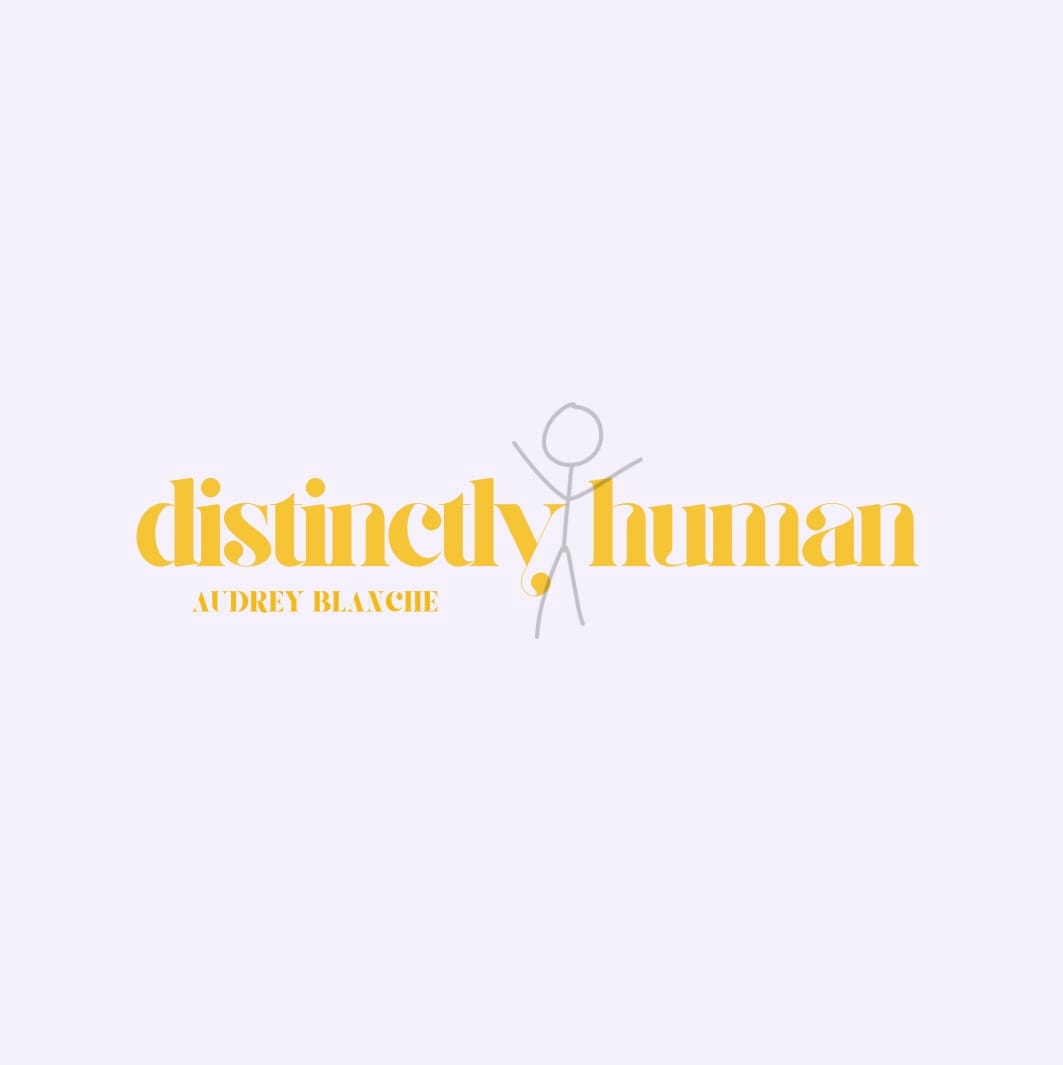Are Humans A Flawed Learning System?

Is there flour at home?
Humans are inherently flawed due to the accessibility of decision-making. When the world is open to interpretation and choice, the individual will inevitably become susceptible to making a mistake. The outcomes of an individual’s actions are ultimately determined by the amount of information they had at the time of the choice. One arrives at the store planning to bake cookies, assuming they have the flour at home, only to arrive home to its vacancy. At the store, the individual had the choice: to buy flour or not to buy flour. Working with the information they had at the time of the decision, the individual now faces the consequence of having no flour, and therefore, no cookies. The worst outcome.
The information one possesses to work with becomes apparent in both its absence and its presence. When faced with the decision to purchase flour, the information the individual in the above scenario had to work with was that they did not know whether they had flour at home or not. Due to not knowing, the information is absent. If the individual knew about the possession of the flour, the decision itself would not be present. Not knowing about the choice being made makes the information absent. Knowing about the choice being made makes the information present. An absent decision, one where the information about the decision is unknown, leaves the choice up to chance. A present decision, one where the information about the decision is known, leaves the choice up to the agent. When the decision is a present decision, and the agent chooses to ignore the information, this is an act of negligence.
Choice is predetermined by information. The brain is constantly making decisions based on previous information to create the present moment. Any decision made will face the outcome held by the information. Tomorrow is in the hands of tomorrow’s information. An individual’s only guess at tomorrow is based on the contexts of today, the illusion of routine, and plans made for that day. Plans serve to be predetermined information about the day. Nonetheless, information determines both the decision and the outcome. How information materializes for the individual’s use is determined in multiple ways. There are two to focus on. The first is how willing the individual is to learn. Second, how necessary the information is to learn.
Materialization of Information
An individual who is actively pursuing the evolving experience will be the learning agent, as the evolving experience is one that requires new information to be implemented. Evolution is learned information taking shape. Information one seeks may be found in the process of discovering oneself. On the other hand, one does not have to be in pursuit of the evolving self to learn new information. Information knows no bounds; it is one with the flow of nature. Willingness to learn is not specific to any one archetype; willingness to learn is a flexible trait of consciousness.
In its flexibility comes its necessity. Not all information is necessary for the individual’s experience. As information flows with nature, it meets the individual in time. Time is in the possession of information itself, as information determines the choice and the outcome. Information may serve as the source of consciousness, as what becomes learned is what becomes observed. When information becomes knowledge, consciousness is expanded. The expansion of knowledge is the expansion of consciousness. Even so, it remains true that not all knowledge is wisdom, and not all knowledge will play an integral role in the individual’s experience. All the information to exists will come to fruition at the time of its observation. Ownership of the information is granted to the observer. Thought, as a form of information, is necessary for an individual, acting upon the thought solidifies the ownership.
It's imperative here to mention that information comes in many different forms. Thoughts and formal information, like directions, are the only way to consider “information.” Anything that informs us about our state of being or current reality serves the purpose of being informative. To feel cold is information about the temperature. At all times, the senses are working around the clock to inform the individual. The individual is then responsible for tuning into the information they receive and forming a response. Response itself is information, as it provides the individual with no equipment for the circumstance. Receiving and responding do not exist without each other. Space and time cannot exist without each other.
The Responsive Agent
We may consider information to be the energy that creates the gravity to tie “receive” and “response” to one another. The expansion of information will always be received and responded to. Information becomes knowledge once the observed has been experienced. To be the responsive agent is to be the agent experiencing the information. It’s in the experience of the information that the individual will form an opinion about it.
When the agent went to the store, it was important to consider the context for the trip. Behind the initial decision (to go to the store)there was an intention. In this scenario, the agent went to the store with the intention of purchasing the necessary goods to bake cookies. The agent will learn the information upon arriving home that there was no flour. This will then become knowledge, and the experience of this knowledge will be the response. If the agent finds them without cookies and sad, this will be the agent experiencing the observed.
Individuals may view the world as what happens to them, or they may choose to empower themselves by viewing the world through their response. The former is to carry oneself as a victim to learned information, taking no ownership or accountability for their outcomes. Everything is a choice, including choice itself. The decision not to choose is a choice of non-participation. The constructed reality presented to the individual reflects one’s state of being. Whether one wishes to play a part in the experience is not up to them. Information will always be learned, and the individual will always be the responsive agent responding.
Being the responsive agent means the individual is answerable to their environment. As humans experience and contextualize the world through the senses, the agent is always responding to stimuli. What occurs outside of the individual is not the responsibility of the agent. When information is learned, it becomes the responsibility of the agent to respond. Not all information requires a response, and it is up to the individual to determine what does and does not require one. Allowing life to pass by is a choice. Answering every temptation is a choice. What should require a response from the agent is learned information concerning the agent’s immediate presence. Immediacy is the only demanded response. Inevitably, with time, more information will come.
Implementing Information
Implementing information received is the role of the responsive agent. In previous pieces, I have discussed the core self and the outer self, the being and the agent. The responsive agent operates between the outer self and the sphere of influence. The perceiving agent operates between the outer and core self. One may consider this as a series of events happening within the self that drive the self to influence and be influenced, in the sphere. This sphere is simultaneously what influences the self and what the self influences.
Within the sphere is where the learned information is implemented. It is within the self that it’s processed. However, the intricacies of processing information will be reflected in the response and, therefore, the implementation. Upon arriving home without flour and coming to learn there is no flour hiding in the cupboard, the individual will face a new decision. The dreaded outcome of returning to the store, or worse, having no cookies. An internal process will take place, where the individual must judge both how desirable the cookies are, and second, how motivated the individual is to make the cookies. How badly does the individual want the cookies?
Let’s say the cookies are desirable. The individual goes back to the store and purchases the flour. Luckily, there are no more mishaps on the cookie extravaganza, and they have been made. Fresh out of the oven, the individual will take their first bite of the cookie. At this point, there is an expectation set on the cookie: it better be good. If the cookie is not good, the disappointment will feel worse because of the hassle. In which case, would it have been better not to have made them at all? This is a reality worth no discussion, because it’s not the one chosen. Perhaps, this will be the best cookie the individual has had due to the hassle. The expectation of the cookie is projected by the individual. At this point in time, upon the first bite, the individual has all the information about the cookie. They know all the ingredients, ratios used, cook time, and the nuances of the cookie. Knowing what they know now, the individual will determine how good the cookie is by utilizing the information they have.
Was it worth the hassle?
The individual has projected their feelings onto the cookie. Determining whether the cookie was good or not was based on the information they had and their expectation of it. With every new bit of information learned, there will be a new expectation set for it. What will the knowledge provide one with? Once the agent has gained new knowledge, there will be something new to learn. The outcomes of the secondary decision to make the cookies are determined by all the information they had, including their own state of being. Perhaps this individual doesn’t mind returning to the store, perhaps they dread shopping. How good the cookie was will only ever be known and judged by the individual.
Most likely, the individual had already chosen how good the cookies were by returning to the store. Nonetheless, the ability itself creates an inherently flawed individual. In this, the overconfidence of having flour at home led to a mistake in decision-making. The ability to choose comes with the great responsibility of determining an outcome for oneself. Choice itself asks the individual to form an opinion, often driven by inner states of the self. A frustrated person will be a frustrated person in traffic. A happy person will be a happy person in traffic. While the circumstances may be shared, the individual’s choice of their own state will play a role in the outcome. If you have the ability to choose how good the cookies are, why would you ever make them bad?
Coming up this week: If we are an inherently flawed learning system, what are the systems we create?
Observations is a reader-supported publication. To receive new posts and support my work, consider becoming a free or paid subscriber.






Member discussion